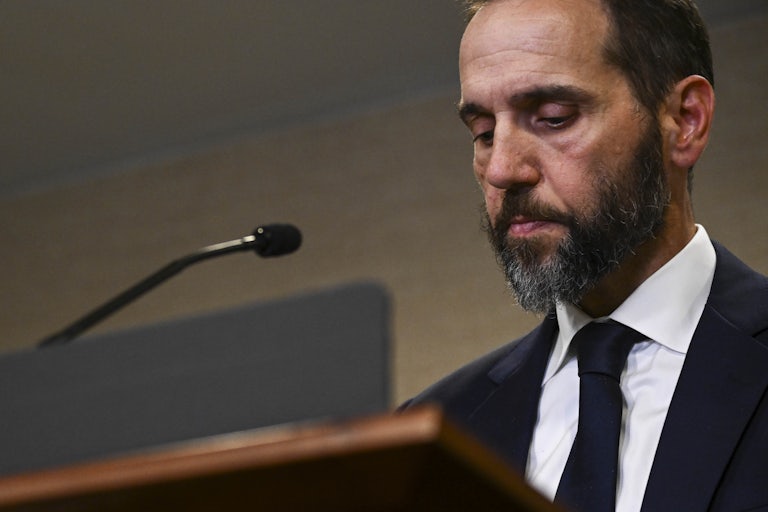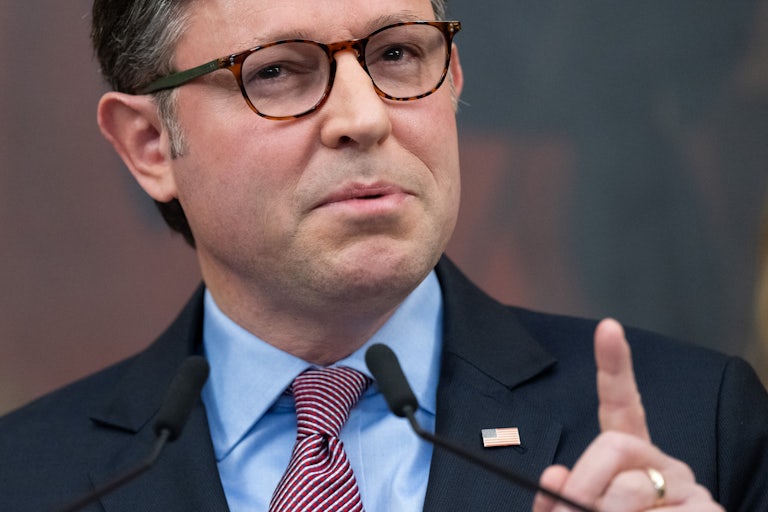Wisconsin Issues Dire Warning About Trump’s Effect on Obamacare Costs
The Donald Trump effect is here.

Health care access could soon become a pipe dream for some Wisconsinites if Congress doesn’t muster up a budget.
The government shut down 27 days ago, in large part over a debate on the merits of the Affordable Care Act’s enhanced premium tax credits, which assist individuals making upward of 400 percent of the federal poverty level. Still, neither national political party appears willing to shatter Congress’s stalemate on how to fund Donald Trump’s “big, beautiful” budget, which included details to slice billions from Obamacare subsidies and Medicaid.
Open enrollment for the subsidized coverage is just days away, but failing to extend the premium tax credits could raise premiums by thousands of dollars a year for people within the affected income bracket all over the country. In Wisconsin, those hardest hit could see their premiums rise by more than $30,000 per year, Wisconsin Governor Tony Evers warned Monday.
Age and residency also factor into eligibility for the credits. In Barron County, a 60-year-old couple making $85,000 could see their premiums rise by 800 percent to an annual increase of more than $33,000. Roughly 32 percent of Barron County is above the age of 60, while 73 percent of the population makes less than $100,000 per year, according to 2020 census data.
In a statement, Evers argued that the ongoing congressional failure will make “healthcare coverage costs skyrocket.”
“Republicans’ reckless decisions are causing prices on everything to go up, from groceries to gas—Wisconsinites cannot afford to pay even more for healthcare, too,” Evers said. “Republicans need to end this chaos and stop working to make healthcare more expensive. It’s that simple.”
But Wisconsin is far from the only state expected to suffer. As of last week, more than a dozen states had opened up their Obamacare marketplace for a window-shopping period, including California, Georgia, Kentucky, Nevada, Maryland, and Maine. Individuals in those states could similarly see prices rise by thousands of dollars annually.
Idaho, which has roughly 135,000 enrollees on the marketplace, opened its Affordable Care Act marketplace portal Thursday with a slew of new price tags, offering the nation a glimpse into federal health care services sans federal support. More than 6 percent of the state population, roughly 13,000 people, stand to lose the premium tax credits.








